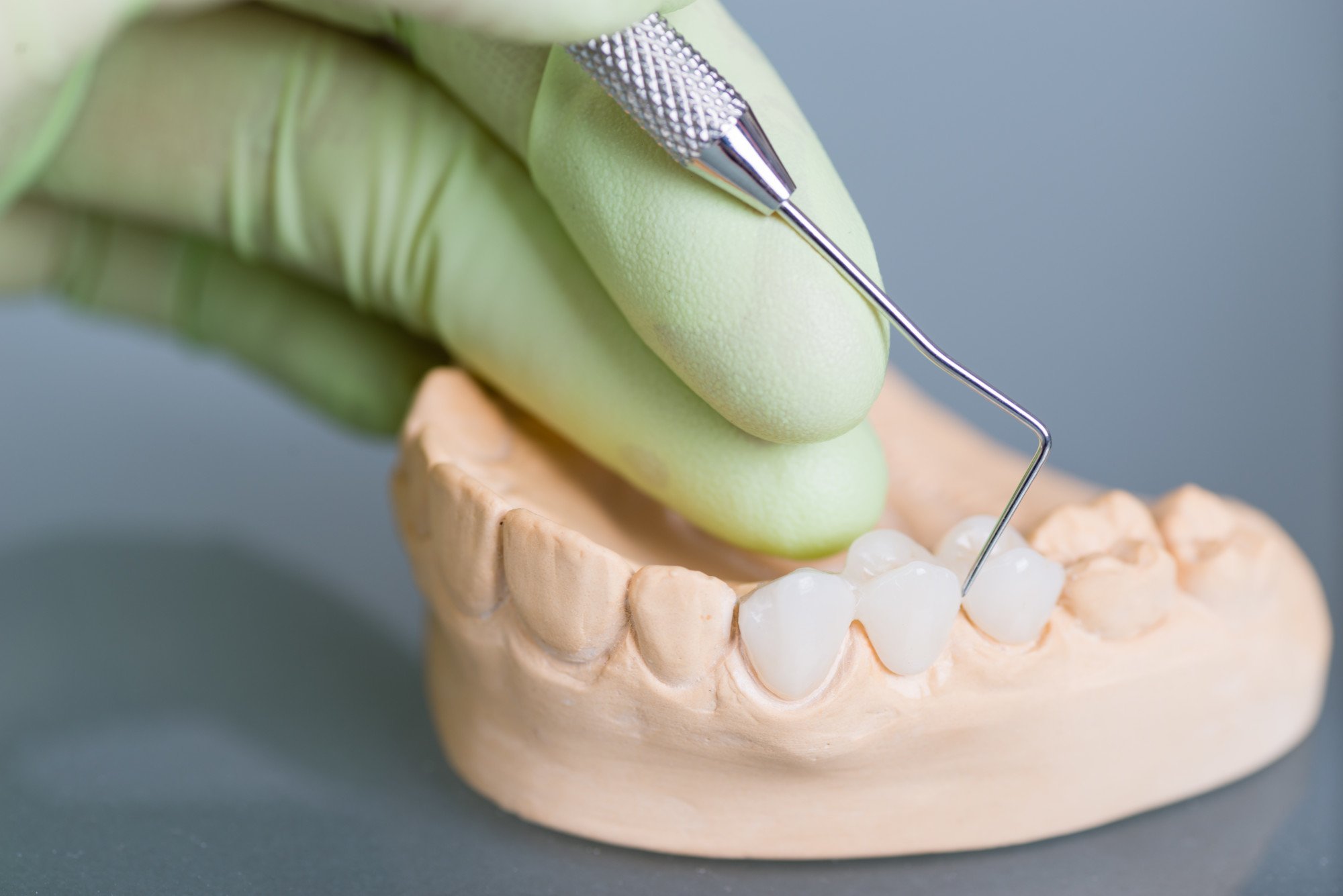
Menopause is a natural part of the lifecycle of women, but some women experience more extreme menopausal symptoms than others.
Whether you’ve reached the age where you’ve entered menopause naturally or are experiencing surgical menopause, it’s important to learn how you can manage the accompanying symptoms.
If you’re looking for menopause supplements and lifestyle changes you can make, you’ve come to the right place.
Let’s learn more about menopause and take a look at eight remedies for dealing with the symptoms of menopause.
What Is Menopause and What Are Its Symptoms?
Menopause is a natural process that occurs to women most often after the age of 45. As women get older, eventually their ovaries stop producing estrogen and progesterone. After a full year of not menstruating, a woman has reached menopause.
Different women experience menopause differently, but common symptoms include:
- Hot flashes
- Night sweats
- Mood swings
- Vaginal dryness
- Decreased libido
- Sore breasts
- Headaches
- Fatigue
- Anxiety
- Sleep disruptions
- Hair loss
- Memory lapses
- difficulty concentrating
- weight gain
- bloating
- irritability
- depression
- osteoporosis
Eight Remedies for Menopausal Symptoms
While there are menopause medications and menopause vitamins available for purchase, you might be interested in trying out some more natural remedies. From herbal supplements to lifestyle changes, there’s a lot you can do to make menopause more manageable.
1. Ginseng
Ginseng is believed to help reduce the severity and frequency of hot flashes and night sweats in menopausal women. There’s also a study to suggest that red ginseng can improve the sex lives and increase sexual arousal among menopausal women.
Ginseng can be eaten, used to make tea, or found in powder, capsule, or oil form.
2. Black Cohosh
Black cohosh root is believed to reduce hot flashes and vaginal dryness in women who are going through menopause. There is some research to suggest that this remedy is most effective for women experiencing early menopause.
You can drink black cohosh as a tea or take it in pill form. Pregnant women and those who are being treated for liver or blood pressure problems shouldn’t take black cohosh.
3. Dong Quai
Used as an herbal medicine for more than 2,000 years, people take dong quai for a number of different purported benefits.
In terms of menopause symptoms, dong quai is often used for treating hot flashes, though scientific studies have not yet backed up this claim. People who are taking blood-thinning medications should not take dong quai.
4. CBD Oil
The field of CBD research is still in it’s infancy, but many people are optimistic about the potential health benefits of using CBD oil.
While people use CBD oil for a long list of reasons, a number of it’s possible benefits overlap with the symptoms of menopause. Mood changes, sleep disturbances, bone density loss, and more might be aided by the use of CBD oil.
CBD is a phytocannabinoid from the cannabis plant and is not psychoactive. If you’re interested in using CBD oil for menopause, you can learn more here.
5. Regular Exercise
Getting regular exercise is a great way to combat a number of symptoms of menopause.
Not only can it help you maintain a healthy weight, it can lead to healthier bones and joints, improved energy and metabolism, as well as better sleep and decreased stress.
Since menopause can lead to women experiencing anxiety, low mood, fatigue, and poor sleep, exercise is an excellent practice to help you keep feeling your best.
6. Adequate Sleep
Getting enough quality sleep can help with the memory problems associated with menopause.
It can also help with maintaining a healthy weight, which can be a frustrating predicament for many women who are experiencing menopause.
7. Stress Management
Too much cortisol, the stress chemical, can increase your risks for weight gain, depression, memory problems, and visible signs of aging.
Using stress management techniques can improve your quality of life and even reduce the severity of hot flashes when you’re experiencing them. Deep breathing and other relaxation techniques can ease the discomfort of hot flashes.
Practices like meditation and yoga can both help you reduce your stress levels and ameliorate the undesirable side effects of menopause.
8. Eat a Healthy Diet and Avoid Trigger Foods
Menopause is a time of transition, and it can be a great opportunity to come up with a healthy diet and lifestyle plan for this next phase of life. Menopause is often accompanied by a slowing down of the metabolism, which can mean your diet might have to change to maintain the same weight.
Eating lots of fruits and vegetables can assist in weight loss and weight management. They also might help prevent bone loss.
Eating a healthy diet is as much about what not to eat as it is about what to eat. Certain foods can trigger mood swings, hot flashes, and night sweats.
Sugary foods, spicy foods, caffeine and alcohol are all common triggers. Keeping a symptom diary can help you keep track of what foods seem to be triggering your menopausal symptoms.
Talk to Your Doctor to Decide What Menopause Supplements and Remedies are Right For You
Remember to always talk to your doctor before trying a new supplement or remedy. Even natural or herbal remedies can have contraindications with medications.
Whether you suffer from one or all of its symptoms, from hot flashes or sore breasts, menopause can be uncomfortable, painful, and frustrating. It’s well worth your while to find menopause supplements and remedies that work well for you.
Did you find this article about remedies and supplements for menopause helpful? Be sure to check out the rest of our blog for more awesome and informative articles!





